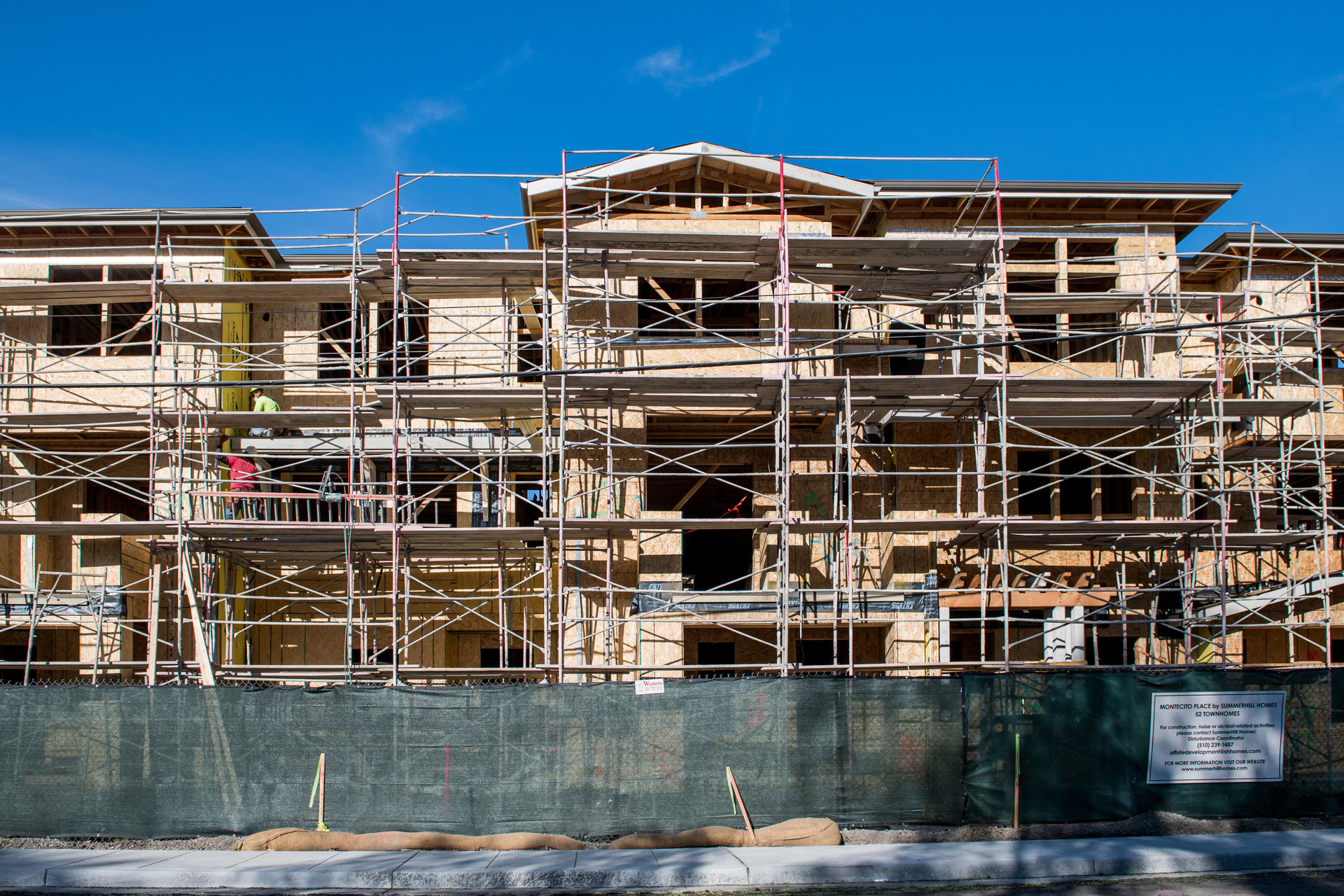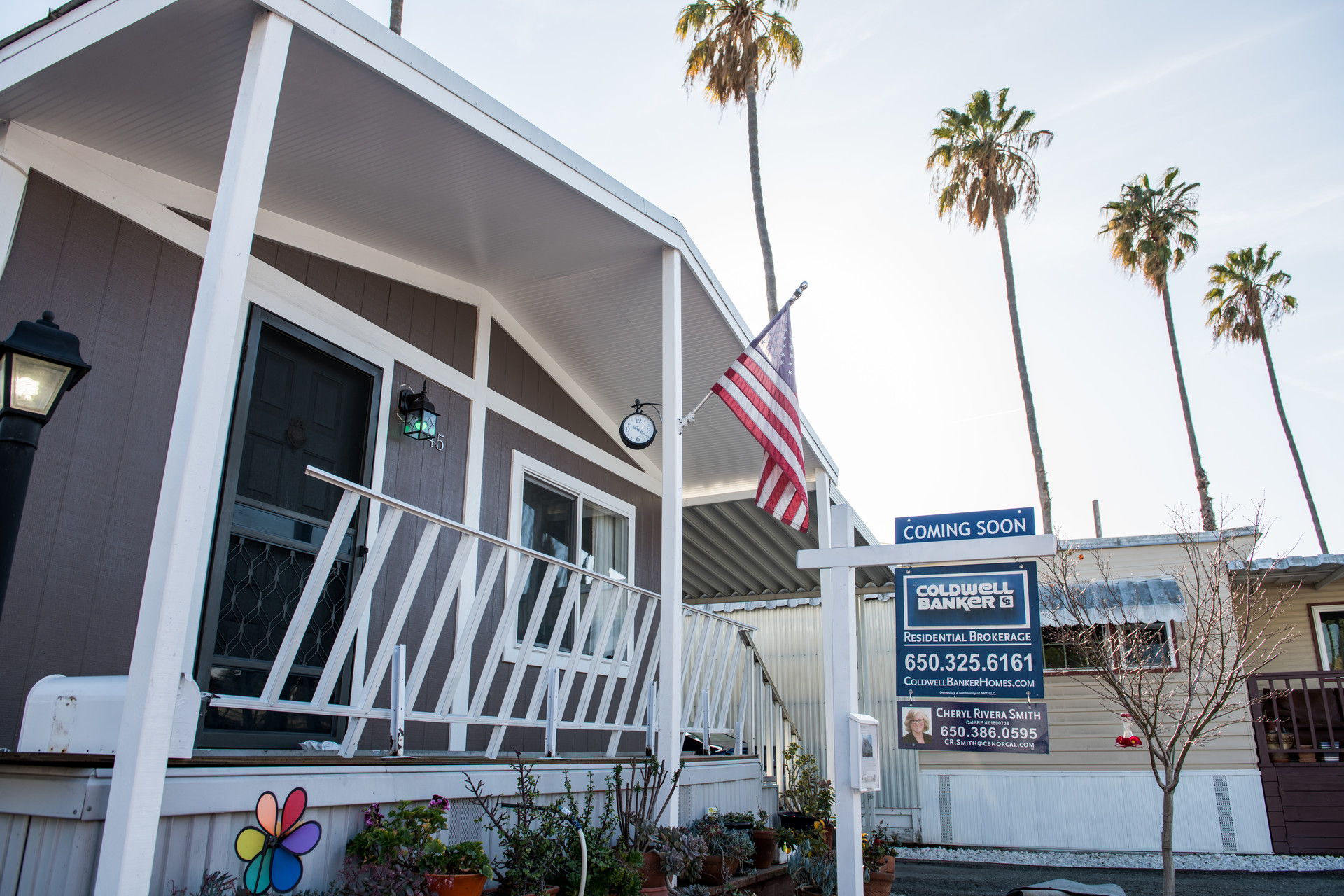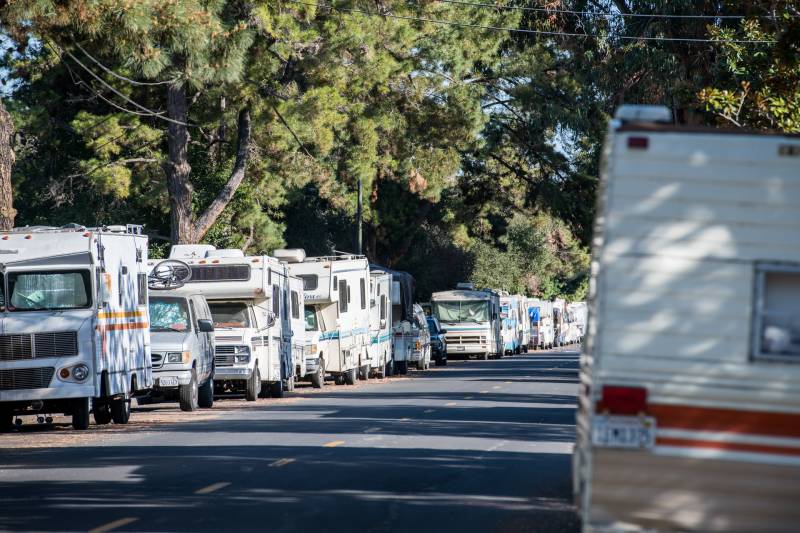Ahead of California’s Super Tuesday election on March 3, the residents of Mountain View are debating over a popular topic in the Bay Area: rent control. Proponents of Measure D say it will protect renters, but not all renters agree.
Measure D’s Rent Cap
For now, rent hikes in Mountain View are directly tied to the Consumer Price Index (CPI), also known as the rate of inflation. It typically fluctuates between 2 to 5%, but for now, it’s at 3.5%. One of Measure D’s main features is that it would cap annual rent increases at 4%. Mountain View Mayor Margaret Abe-Koga supports this.
“There’s more predictability on both sides, frankly — from the landlords’ side and the tenants’ side,” Abe-Koga said.
She called it “reasonable rent control.” She argues that, even if landlords increase rents by 0.5% to 4%, a Google employee making over $100,000 a year should be able to afford that compromise.
Former Mountain View Mayor Lenny Siegel doesn’t agree. As an outspoken advocate for affordable housing, Siegel said a 0.5% increase to the rent cap could price out people already living paycheck to paycheck.
“We have a lot of software engineers who moved here to work for Google and other places. Well, they have cafeteria workers to feed them. If there’s no place for the cafeteria workers [to live], who’s going to feed the Google employees?” Siegel said. “If teachers can’t afford to live here, how’re the kids of the more affluent residents — how’re they going to be taught?”

The Price of Upgrading an Apartment
You can be an affluent renter and still feel that high rents can make living in Mountain View tenuous. Sabah Munawar moved to Mountain View about three years ago when her husband got a job at Nokia. They landed in a cozy, sunlit one bedroom apartment downtown they pay about $3,100 each month for.
Munawar’s apartment is across from City Hall, downtown and the public library, which was a big selling point for her.
“All of my apartments or my parents’ house has been walking distance from the library. That’s how it’s supposed to be,” Munawar said.
Munawar has been politically active since high school, but for the first time, she’s been knocking on doors campaigning against Measure D. The rent cap isn’t her main concern — she is more nervous about another part of the measure which allows landlords to pass along the cost of improving a unit up to a 10% hike on the annual rent.
“We would be displaced,” Munawar said. “We’d have to actually think about either moving or looking for other jobs.”
Despite historically high rents in Silicon Valley, many landlords have dragged their feet upgrading the properties they own. For example, hundreds of soft-story apartment buildings remain seismically unfit to withstand an earthquake.
“We’ve heard from tenants who want upgrades who have been told ‘no’ because property owners don’t have a guarantee of cost recovery,” Mayor Abe-Koga said. She believes this provision in Measure D might encourage landlords to make these adjustments if they know they can pass along some of the cost to the renter.

Mobile Home Protections, or Lack Thereof
Then there’s one group that is caught in the middle of this battle: mobile home renters. Right now, rent hikes for mobile homes aren’t covered under rent control and remain unregulated.
Bee Hanson moved to Santiago Villa, a large mobile home community near Google’s campus, more than 20 years ago.

